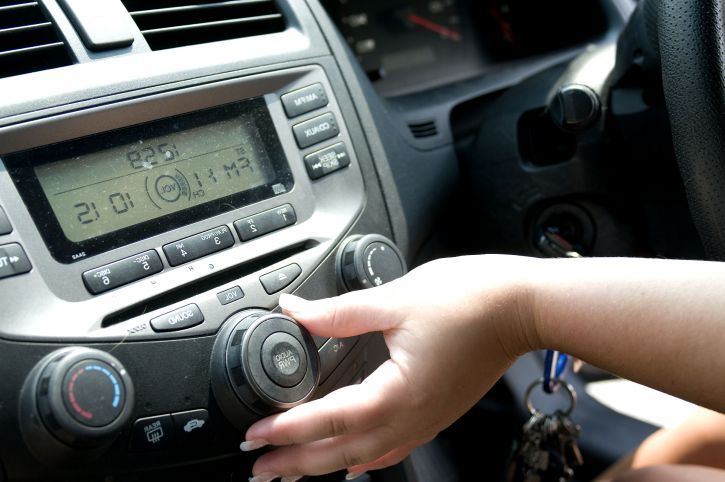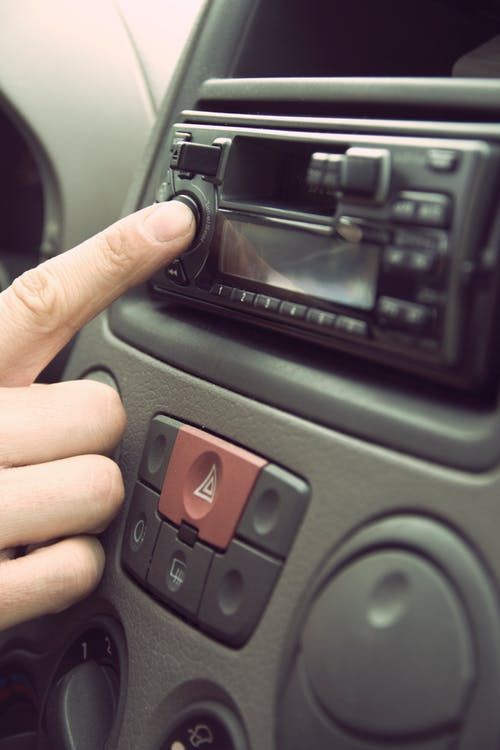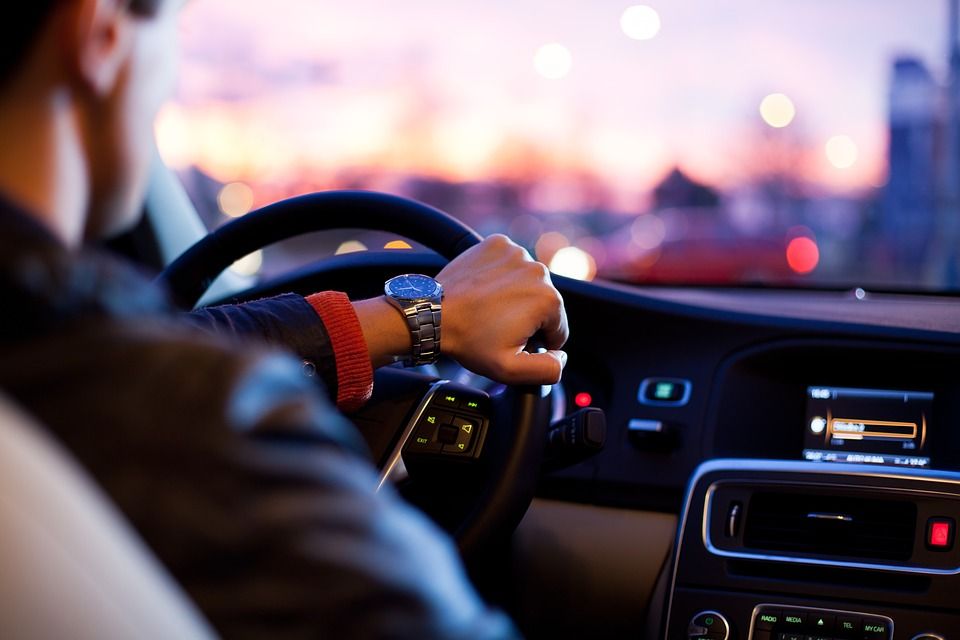Does everyone agree that we all just have better singing voices when we're in the privacy of our own cars? I don't care if you normally sound like a stray cat howling in an alley when you're around others, because as soon as you're alone in the car you instantly turn into the next American Idol.
Singing in the car is one of those things that the majority of people do without really thinking too much about it. We've got to stay awake, keep our minds focused, and what better way than to belt out the ballads on the radio to the road ahead.
For those of you who don't sing in the car, scientists are actually saying that it's time to start. As it turns out, it's not only fun, it's actually good for you in a bunch of different ways.
It counteracts driving-induced depression.
Researchers have found that long commute times can increase depression levels, but one way to counteract this is by belting out your favorite tunes.
Counselor Connie Omari revealed that singing along in the car is one of the best ways to deal with negative thoughts.
"By listening to music, drivers are permitted with an opportunity to replace negative thoughts with more positiveness through the use of rhythm and beats," she explained. "Driving is so mundane and routine for most people, that if left unchecked, the quietness of the ride can consume your thoughts."
It actually can actually boost your mood.
It's not just fun, singing in your car actually causes a release of hormones in your brain that improves your mood.
Listening to music actually causes your brain to release oxytocin, aka the "happy" hormone. It's the hormone responsible for making you feel love, trust, relaxation, and connection to others, and so when you listen to music and your brain is flooded with it, you feel happier.
It's not just oxytocin, music can also boost the serotonin levels in your brain, which also helps to improve your mood.
"Studies have shown that simply thinking about listening to your favorite song, before you actually listen, releases serotonin, another feel-good chemical in your brain that reduces anxiety," Therapist Katie Ziskind said.
It can lower your road rage.
We can all get a little bit cranky when someone cuts us off or blocks the intersection, but our reactions to these actions can be modified based on our mood.
As you sing along to the songs on your radio, your brain is being pumped full of hormones that are making you happy as well as the neurotransmitter known as dopamine.
According to Dr. Kristen Fuller, dopamine is exactly what you need when you're driving.
"Dopamine boosts your motivation and drive," Fuller said. "This happy mood can result in less road rage and friendlier driving "” which can potentially lead to less accidents."
It actually relaxes you.
Singing forces you to take big, deep breaths so that you can hit all of those Whitney Houston high notes.
How does breathing affect your relaxation? Well, according to researcher Loretta G. Breuning, shallow breathing causes people to feel tense, and sometimes they do it when they don't even realize it.
So when they are forced to take these big breaths, they get a feeling of relaxation that they aren't familiar with.
It gives us something to relate to.
Here's the thing, a lot of us aren't the best at processing our emotions. We try to ignore them or push them away, assuming they will go away over time. That's really not how it works though, but singing can help us process these buried emotions.
While you belt out the lyrics, you may find that you connect to the words that are being said, and as you do that, you start to feel less alone.
Music therapy is often used to treat people with anxiety, depression, and PTSD as this emotional connection has been proven to be valuable to those struggling with mental health.
So, clearly what all of this research shows is that next time you're alone in the car, don't be ashamed to rock out to all your favorite jams. If you make awkward eye contact with the car next to you, you can roll down your window and let them know it's good for your health!
Source - Huffington Post






